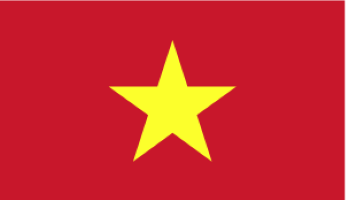In simple terms, futures are contracts where the buyer and seller agree to deliver a certain commodity or financial asset at a certain point in the future at a price determined today.
For example, you think the price of wheat will rise next year, and the farmer who grows wheat is worried that he will suffer a loss if the price falls next year. Then the two of you can sign a contract and agree that at a certain time next year, the farmer will sell you a certain amount of wheat at the price agreed now. No matter what the actual price of wheat in the market is at that time, the transaction will be based on this agreed price. This contract is a futures contract.
It is bought and sold in a formal trading venue. Everyone can trade based on their expectations of future commodity prices. Some people buy futures contracts if they think it will rise, and some people sell futures contracts if they think it will fall. Finally, they make money or lose money according to the actual price situation.
In addition, there are many types of commodities involved in futures, such as soybeans and corn in agricultural products, copper and aluminum in metals, and crude oil in energy, etc., covering many aspects of life and production.
When trading, it also has some characteristics that are worth our attention. For example, it has a leverage effect. You don't have to take out the full value of the goods to participate in the transaction. You only need to take out a small part as a margin. It's like you only need to pay a deposit to settle this "big deal". If you do it in the right direction, the profit can be considerable, but if you do it in the wrong direction, the risk of loss will also increase accordingly, so you have to operate with caution.
Moreover, futures trading is very flexible. On the same day, you buy or sell the contract, and you can do the reverse operation according to the market changes on the same day, unlike some investments that have to wait until the next day or longer to operate. In short, futures are a way for you to invest and trade based on your own judgment of the future price trend of commodities, and you may get profits, but it has risks. If you want to participate in it, you must first learn the relevant knowledge and be well prepared.








